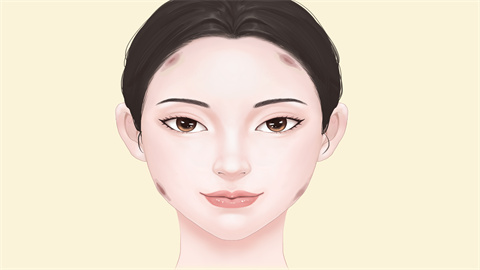How to deal with itchy keloid scars
Generally speaking, scars refer to cicatrices (fibrous tissue replacing normal skin after injury). Possible reasons for the itchiness of hypertrophic scars may include normal reactions during the wound healing process, dry skin, keloids, skin infections, and neurodermatitis. Treatment options include general therapy and medication therapy, under the guidance of a physician. Detailed explanations are as follows:

1. Normal reaction during the wound healing process
In the later stages of wound healing, new granulation tissue and blood vessels are forming, while nerve endings are also regenerating. These processes can stimulate the skin, causing a sensation of itchiness, which is a natural reaction during wound healing. Keep the wound clean and dry to prevent infection.
2. Dry skin
The skin in scar areas tends to be dry, lacking sufficient oil and moisture, which compromises the skin barrier function, making it more susceptible to external irritants and resulting in itchiness. Use a gentle moisturizing cream or lotion and apply regularly on the scar area to keep the skin hydrated.
3. Keloids
Keloids may result from abnormal proliferation of fibroblasts and excessive deposition of collagen fibers following skin injury. There are numerous nerve endings and blood vessels within keloids, which can easily become stimulated and cause itching. Symptoms may also include redness or dark red discoloration. Treatment should follow medical advice, using medications such as triamcinolone acetonide injection, tacrolimus ointment, or ruscogenin cream.
4. Skin infection
Skin infections are typically caused by the invasion of microorganisms such as bacteria, fungi, or viruses into the scar area. The inflammation caused by infection can stimulate nerve endings, leading to itchiness. Accompanying symptoms may include redness, swelling, pain, discharge, or pus. Under medical guidance, topical antibiotics such as erythromycin ointment, clotrimazole cream, or acyclovir cream can be used for treatment.
5. Neurodermatitis
Neurodermatitis may be triggered by psychological factors or local irritation. It causes increased sensitivity of skin nerve endings, making them prone to irritation and itchiness. Accompanying symptoms may include thickened, rough skin with lichenification. Under a physician's recommendation, medications such as cetirizine tablets, diazepam tablets, or fluticasone propionate cream can be used for treatment.
In daily life, to prevent this symptom, it is recommended to keep wounds clean and dry to avoid infection; use gentle moisturizers to maintain skin hydration; and avoid excessive friction or scratching of the scar area.







